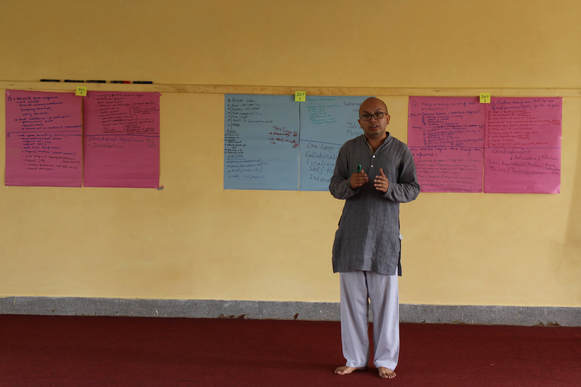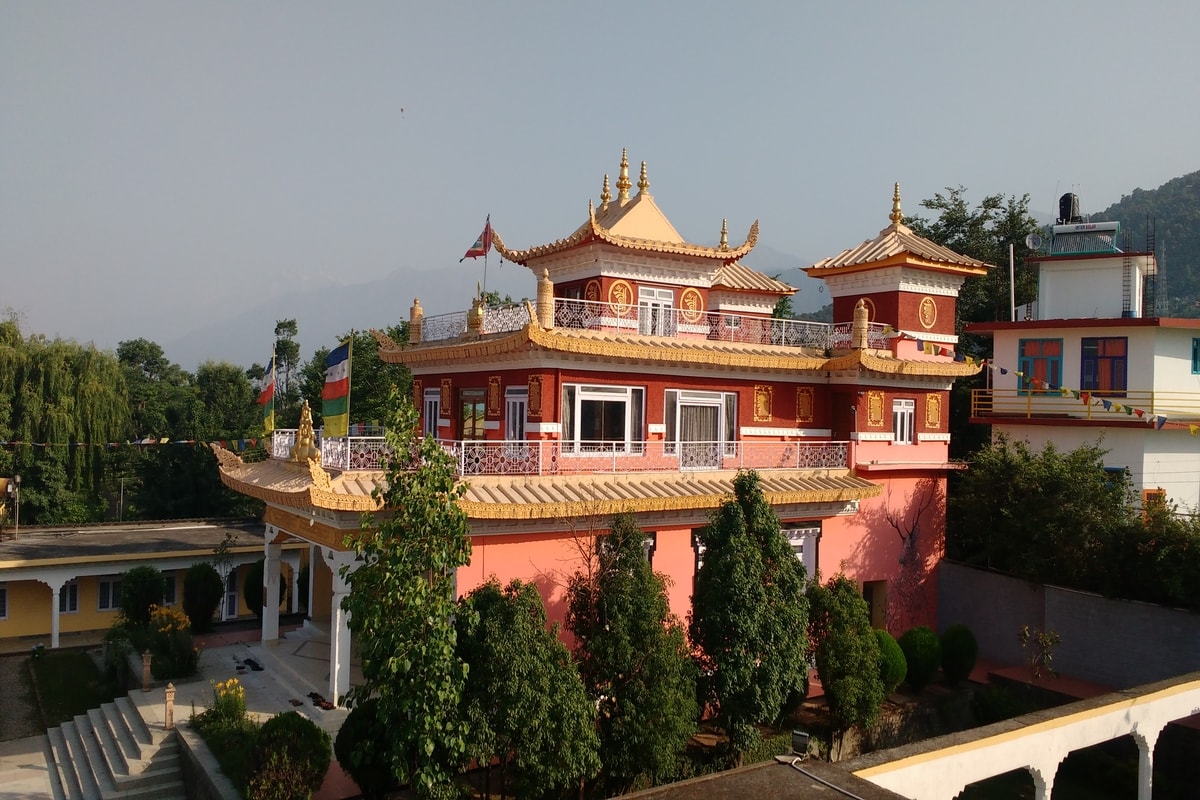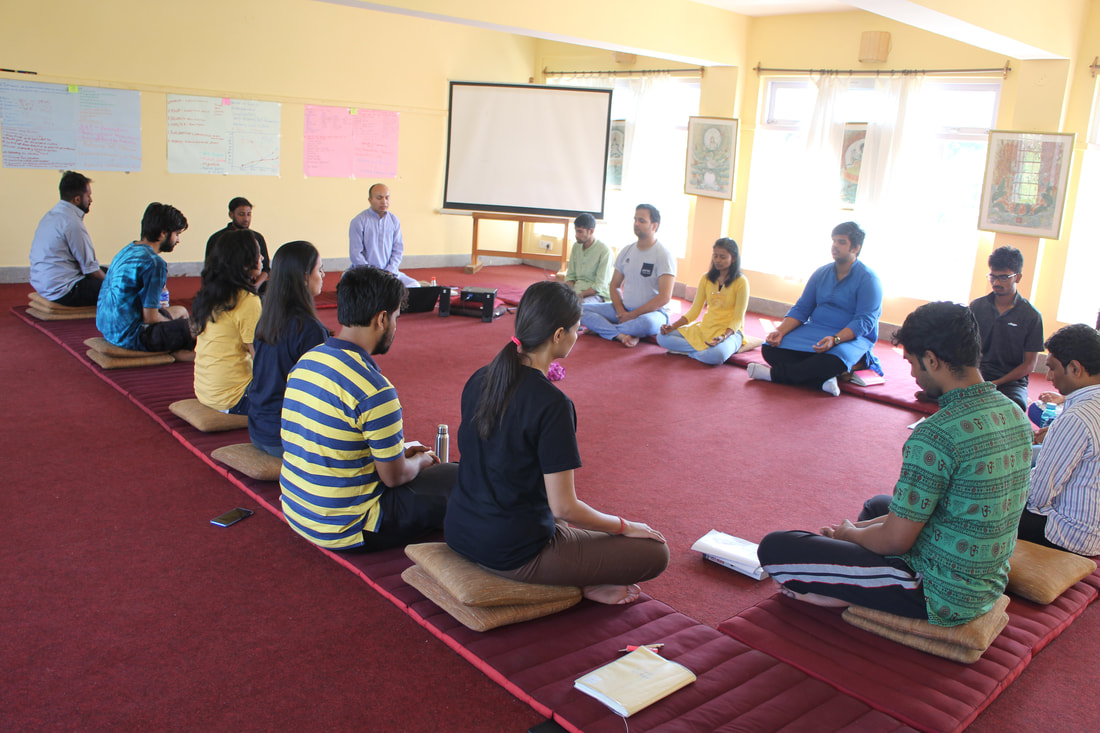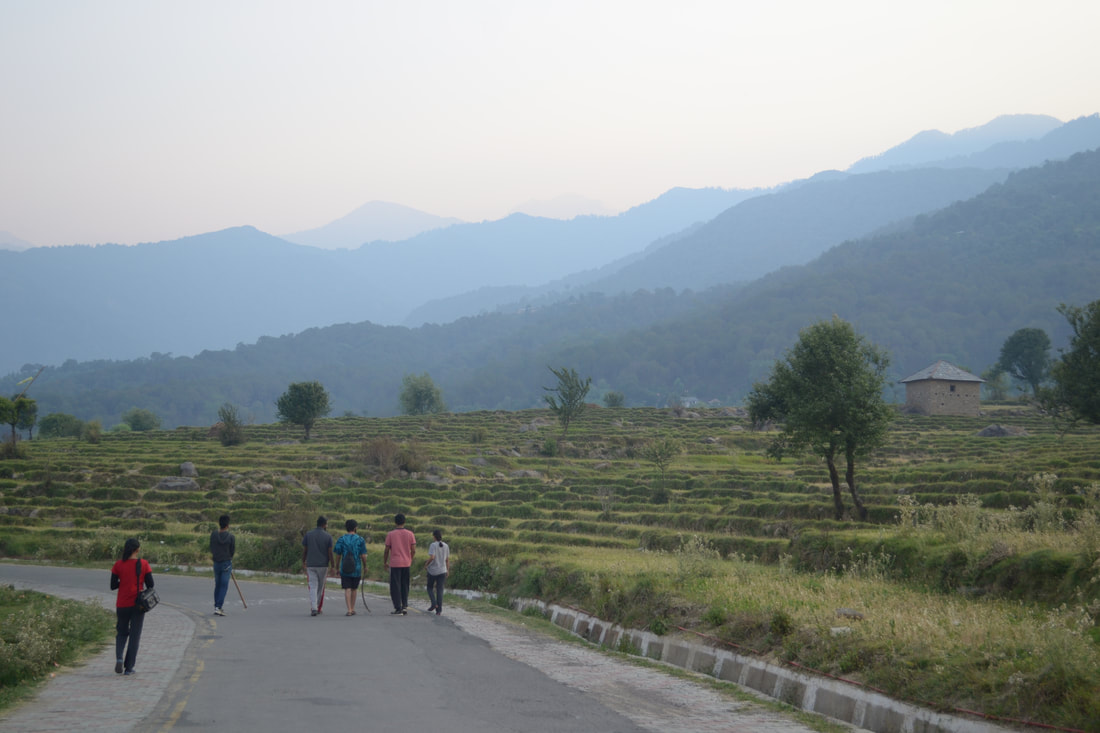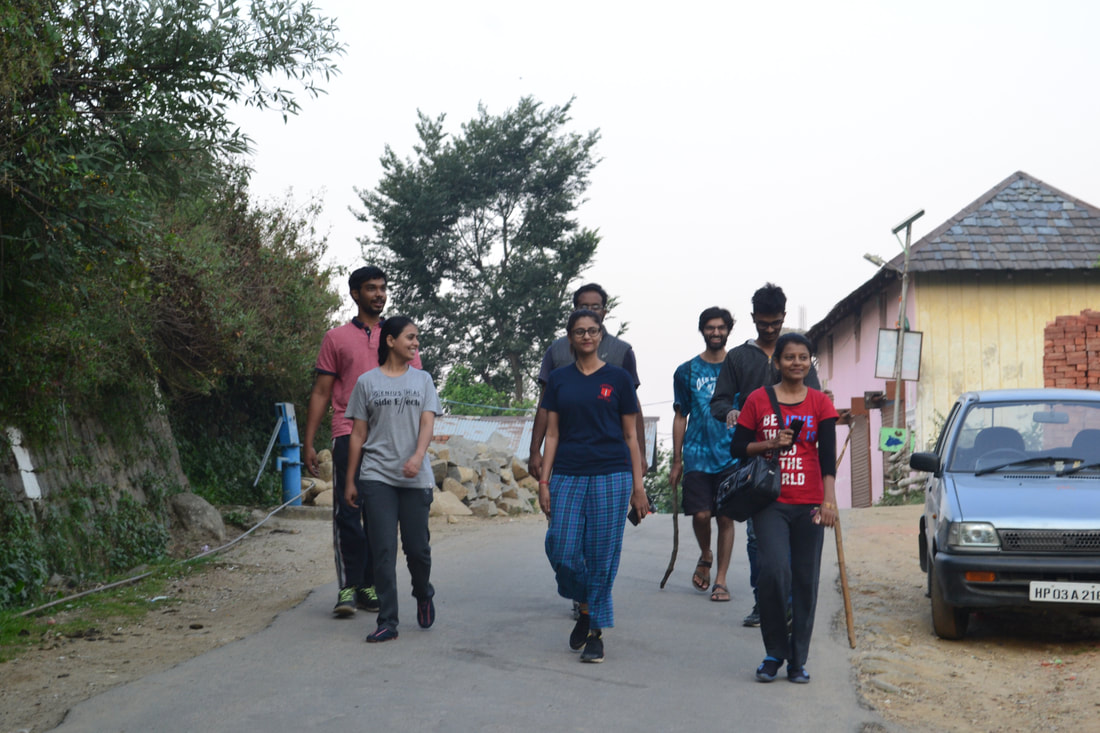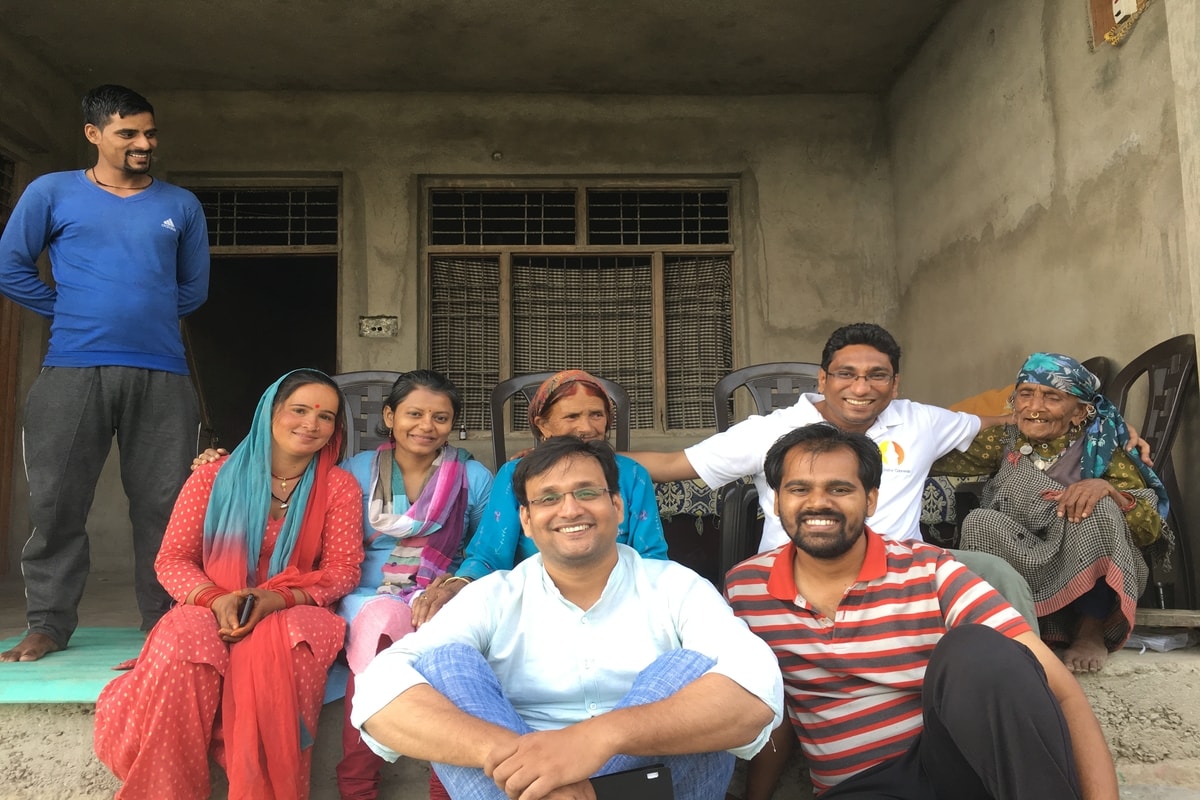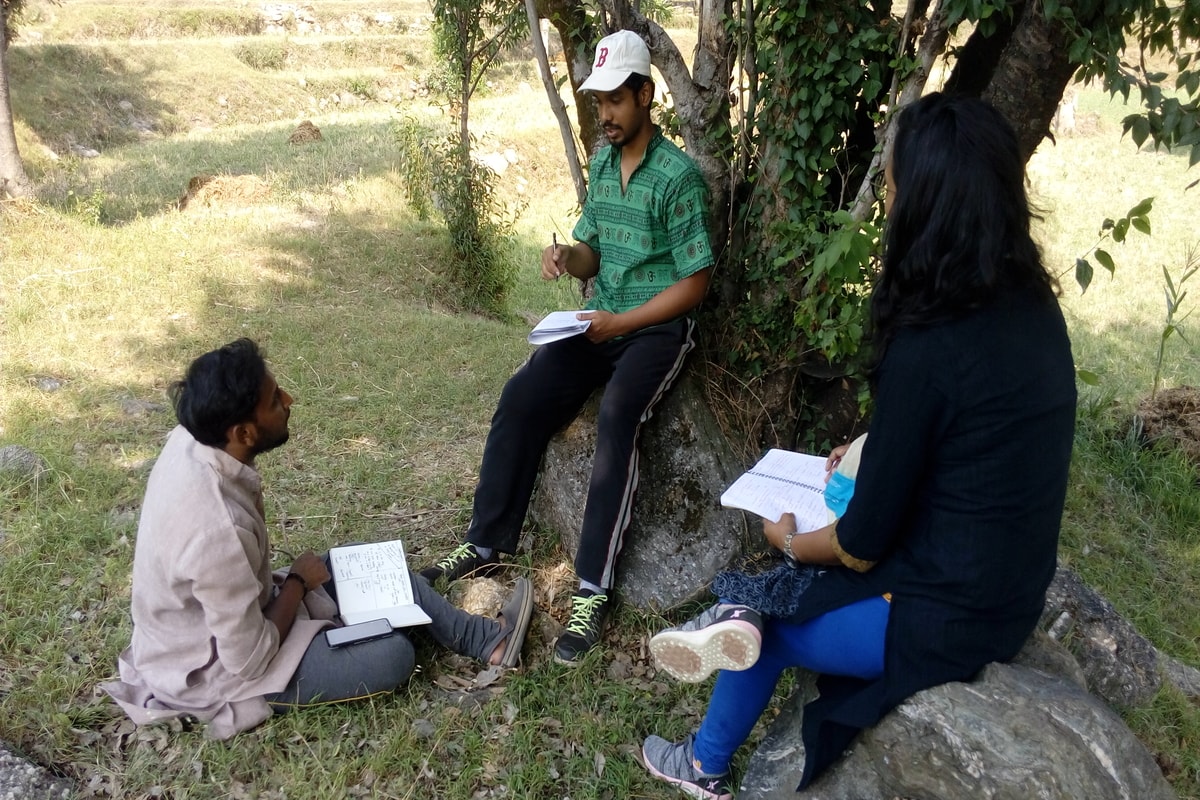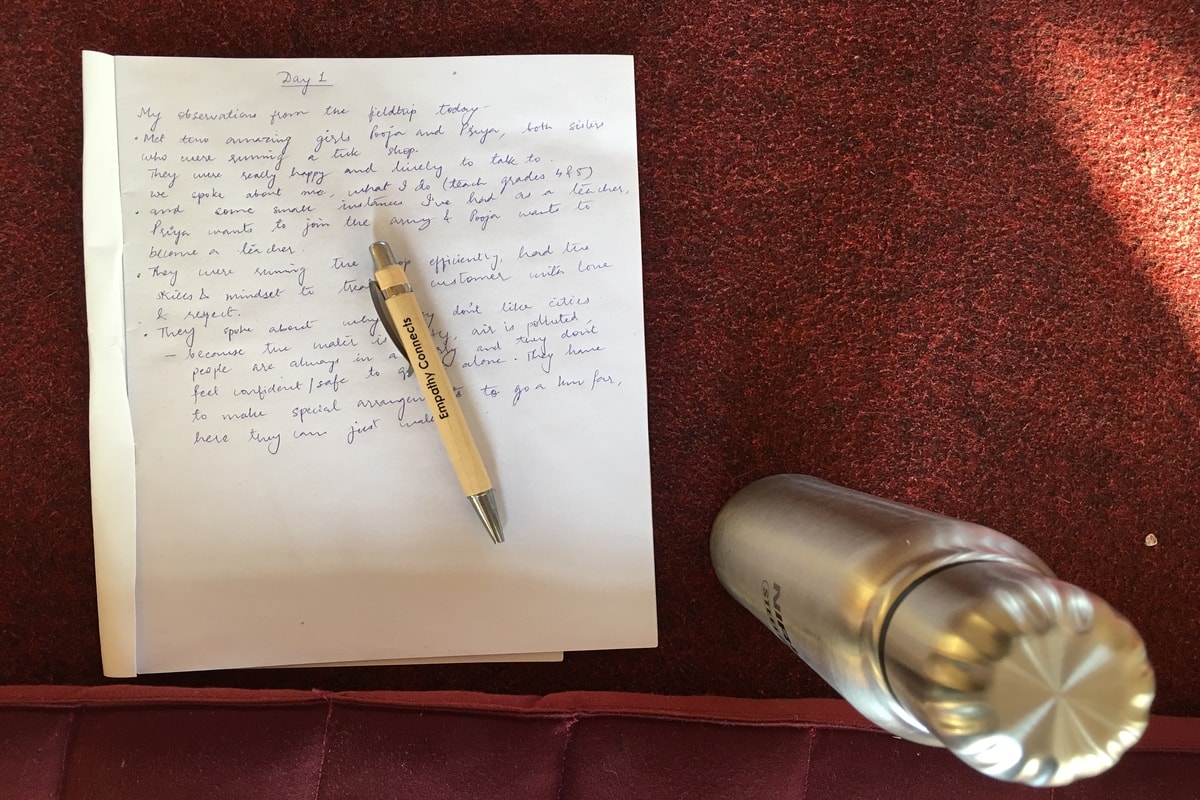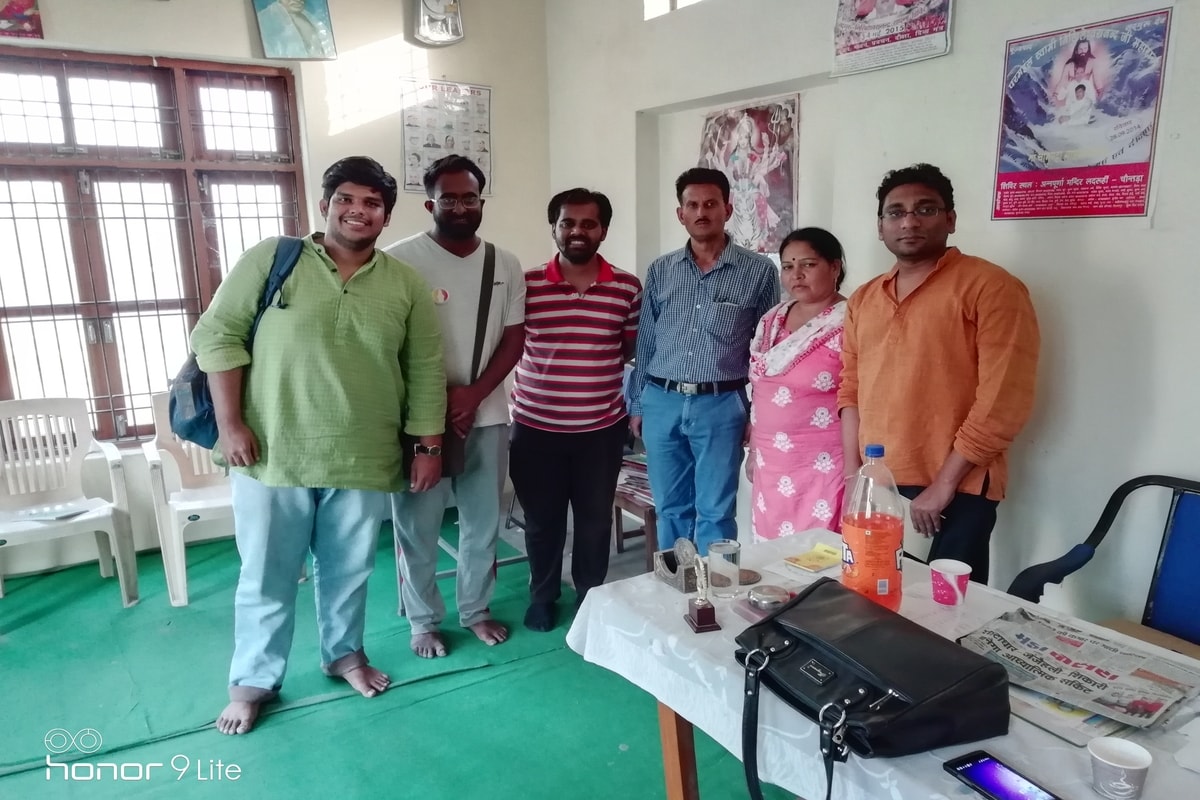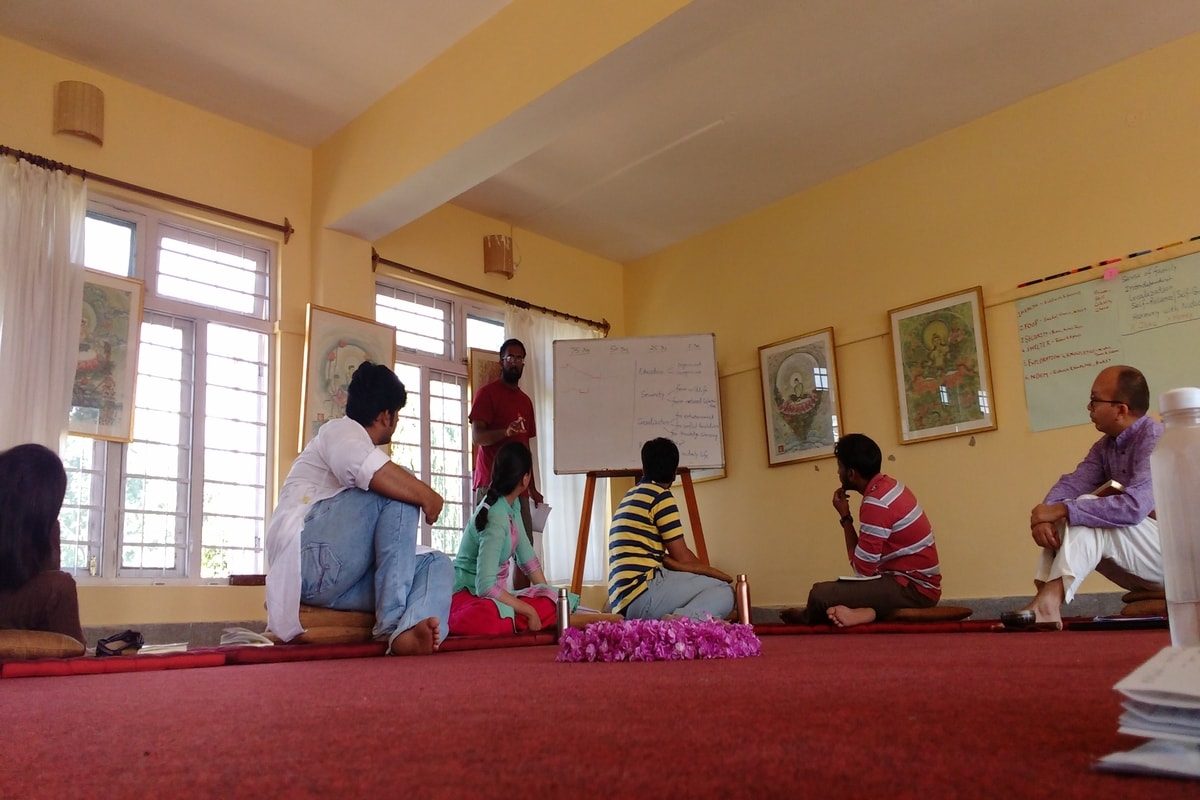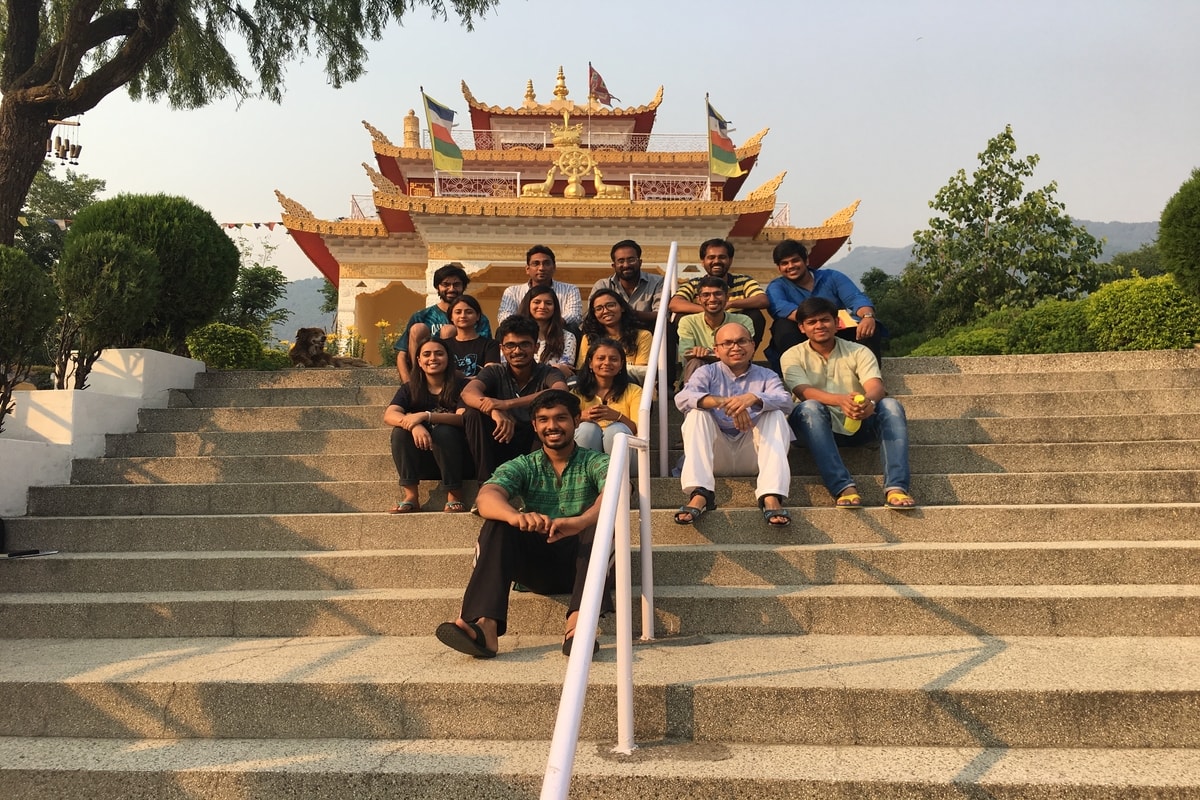To understand ‘Development’ by questioning its basics.
“Background”
Be it the social media, corporate board meetings, government panels, public forums or international dialogues, everywhere ‘Development’ has taken the center-stage, making people come up with innovative ideas, inclusive frameworks, diverse teams and multi-dimensional strategies to solve age-old as well as newly found problems. More and more people are now thinking beyond their individual selves to participate in the whole social process of solving human challenges across the world. Though the transition is extraordinary, it also comes with its limitations if proper ‘preparation’ is not done before ‘action’.
“The Basic Questions”
The process of preparation requires us to ask a few basic questions:
- What do we mean by development? How exactly do we define it?
- Why do we need development? Is it essential to follow this path, or is it optional but we consider it essential?
- If we need development, how do we decide the direction of development? For example, development may mean eating packaged machine-based food, and it may also mean eating self-grown home-made food.
- While we decide the direction of development, how do we consider our relationships with each other and with plant, animal and material world?
- Lastly, thinking beyond Roti, Kapda, Makaan, Bijli, Paani and other essentials, what are the intangible outcomes of development that may give meaning to our existence on this planet?
“About Prashn Vikas Ka (PVK)”
‘प्रश्न विकास का’ is a dialogue meticulously designed for asking all these questions one by one in rural context and for reflecting on them collectively, both while being in a circle and while being on-field talking to villagers about their life experiences. On one hand, the dialogues shall try to find new answers to its central questions, and on the other, the dialogue shall also try to re-evaluate the direction of development we have taken so far as a society. In the process, the dialogue shall consider ideas like ‘Localization’, ‘Self-reliance’, ‘Globalization’, ‘Industrialization’, ‘Governance’ while keeping in mind the modern tools such as ‘Technology’, ‘Education’, ‘Infrastructure’, ‘Tourism’, ‘Entrepreneurship’ etc.
The Methodology:
- A participatory, experiential and simplistic approach.
- There would not be any experienced person or role model from rural development field to influence our thinking.
- We would all be on our own doing the unlearning, re-learning, forming theories and experiencing realities while being on-field.
- We will get our chances to explore the modern upcoming village of Bir and also spend time with villagers who have consciously chosen to maintain their traditional lifestyles.
- We shall also take the help of silence, meditation, reflection and documentaries.
- In the end, our intention would be to come up with our own understanding of how the villages should be ‘developed’ so as to maximize collective happiness and harmony.
“How will the dialogue help?”
The Dialogue helps to understand the ways of living of our traditional communities, and the impact/influence of Government programs or Market intervention on these communities. In parallel, the entire experiential and reflection-based process of the Dialogue encourages its participants to re-look at their present working approach from a fresh perspective. By the end, the participants become capable of observing how Self-Reliance, Governments and Markets are interconnected and how they as representatives of the Markets can contribute into the space of Rural Development.
“Facilitator’s Profile: Ashish Kumar”
Ashish graduated from Indian Institute of Technology (IIT), Roorkee in the field of Electrical Engineering in 2009. Post studies, he pursued his corporate career for a few years before deciding to move on to his passion to work with rural communities. Since then, Ashish has lived in the villages of Gujarat and Himachal Pradesh and worked for many rural projects related to Education and Livelihood sector.
Presently, Ashish lives a simple and peaceful life in Bir village situated in Kangra District of Himachal Pradesh. He has chosen Education as his primary medium of service while he continues to explore more with an aim to simplify his lifestyle and benefit the society as much as possible.Through his explorations and interactions, Ashish has realized that the concept of development needs rethinking so as to grasp the basics first before thinking about projects or policies. At personal level, he finds simple living with minimum outer dependence for products of daily needs preferable to his lifestyle. He also believes that his life is more about purifying his inner self by serving people with great love in smaller ways than solving big issues or establishing large enterprises.
Ashish strongly believes that we need to create spaces wherein people can develop their abilities to think critically and understand the world by using their own experiences. This dialogue is an effort to do just that!
Gallery
Some of the amazing pictures from previous dialogue.
What our participants are saying!
Email: connect@empathyconnects.org
Call: +91 99307 48239
+91 78957 94177

